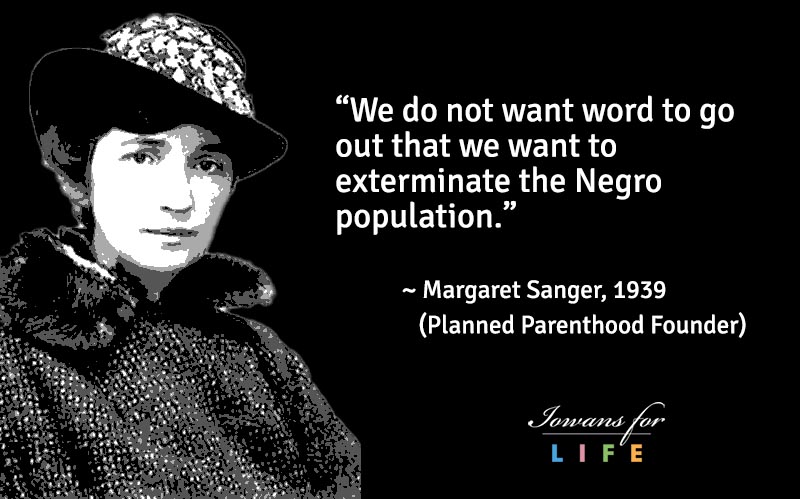One interesting thing about the abortion argument is the contradiction that occurs with the murder of a pregnant woman.
The
Unborn Victims of Violence Act, passed in 2004, defines a fetus as a "child in uterus" and a person as being a legal crime victim "if a fetal injury or death occurs during the commission of a federal violent crime."
[13] In the U.S., 38 states have laws with more harsh penalties if the victim is murdered while pregnant.
[14][15] Some of these laws defining the fetus as being a person, "for the purpose of criminal prosecution of the offender" (National Conference of State Legislatures, 2008).
Laci Peterson, murdered in 2002, is one of the more high-profile homicides.
Currently in the
North Carolina Senate, a bill called the SB 353 Unborn Victims of Violence Act is being considered for legislation that would create a separate criminal offense for the death of a fetus when the mother is murdered. The North Carolina Coalition Against Domestic Violence does not support this law for numerous reasons including failure to see violence against the mother as the cause of the fetal death.
[16] The Coalition does, however, support the position of the
National Network to End Domestic Violence regarding the Unborn Victims of Violence Act.
[17]

en.wikipedia.org
The legislation was both hailed and vilified by various legal observers who interpreted the measure as a step toward granting legal
personhood to human fetuses, even though the bill explicitly contained a provision excepting
abortion, stating that the bill would not "be construed to permit the prosecution" "of any person for conduct relating to an abortion for which the consent of the pregnant woman, or a person authorized by law to act on her behalf", "of any person for any medical treatment of the pregnant woman or her unborn child" or "of any woman with respect to her unborn child."

en.wikipedia.org
The Unborn Victims of Violence Act was strongly opposed by most
pro-choice organizations, on grounds that the U.S. Supreme Court's
Roe v. Wade decision said that the human fetus is not a "person" under the
Fourteenth Amendment to the Constitution, and that if the fetus were a Fourteenth Amendment "person," then they would have a constitutional right to life[
citation needed]. However, the laws of 38 states also recognize the human fetus as the legal victim of homicide (and often, other violent crimes) during the entire period of prenatal development (27 states) or during part of the prenatal period (nine states).
[11] Legal challenges to these laws, arguing that they violate
Roe v. Wade or other
U.S. Supreme Court precedents, have been uniformly rejected by both the federal and the state courts, including the supreme courts of California, Pennsylvania, and Minnesota.
[12]
Some prominent legal scholars who strongly support
Roe v. Wade, such as Prof.
Walter Dellinger of
Duke University Law School, Richard Parker of
Harvard, and Sherry F. Colb of
Rutgers Law School, have written that fetal homicide laws do not conflict with
Roe v. Wade.
[13]

en.wikipedia.org

 www.nytimes.com
www.nytimes.com








